Among non-communicable diseases, mental disorders (DDD) are on the rise, with an estimated 15 million people suffering from DDD nationwide, most of whom suffer from depression and anxiety. However, many people with DDD do not have access to effective care due to a shortage of treatment facilities and psychiatric specialists.
"Delusional" that he is sick
Recently, the Ho Chi Minh City Dermatology Hospital received a case of a 42-year-old male patient from Binh Thuan province who came for examination because he thought he had stomach cancer and wanted to transfer to the Ho Chi Minh City Oncology Hospital for treatment. After listening to the patient's story, the doctors assessed that the patient may have hypochondria. After listening to the doctor explain his condition, the patient agreed to see a psychiatrist to continue treatment.
Le Huy H. (32 years old, living in Cau Giay, Hanoi) was taken by his family to the National Institute of Mental Health for treatment due to prolonged insomnia and a constant mood of sadness and irritability. Mr. H. said he did not think that just because of changing jobs, he would suffer from prolonged depression, causing him to be hospitalized for treatment.
According to Dr. Nguyen Truc Quynh, Department of Clinical Medicine 1, Ho Chi Minh City Dermatology Hospital, the rate of RLTT is increasing in patients with dermatological examinations. Hypochondriac delusions are when patients believe they have a disease, despite medical evidence to the contrary. These delusions are common in the elderly and are often related to cancer or skin diseases... The disease is often found in depressive disorders and schizophrenia.
“Approaching patients with RLTT in general and paranoid disorder in particular requires conversation as well as patient behavior... to promptly detect cases of RLTT and transfer them to appropriate hospitals. Thereby, psychiatrists will accurately diagnose the disease and its severity to have timely treatment methods,” informed Dr. CK2 Nguyen Truc Quynh.
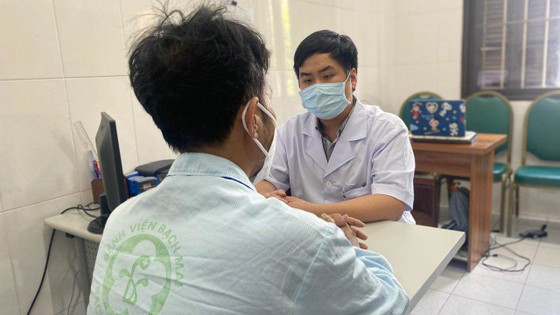 |
| Bach Mai Hospital doctor is consulting a patient with depression. |
According to Dr. Le Cong Thien, Head of the Department of Child and Adolescent Psychiatry, National Institute of Mental Health, currently, the number of people with RLTT coming to the hospital for examination and treatment tends to increase with many types of diseases, such as: schizophrenia, depression, anxiety, Alzheimer's, epilepsy, developmental delay, acute mental disorders... Most patients are brought to the hospital by relatives in a state of anxiety, fear, insomnia, headaches, emotional and behavioral disorders. Among the RLTT diseases, depression and anxiety are the most common. Most patients come to the hospital for treatment quite late, when the disease has complicated developments, making treatment difficult.
Lack of human resources and specialized facilities
According to Mr. Cao Hung Thai, Deputy Director of the Department of Medical Examination and Treatment Management (Ministry of Health), the most recent survey by the Department of Medical Examination and Treatment Management shows that nationwide, 398/649 district hospitals and district health centers organize outpatient examination and treatment for mental patients, but only 59/649 district-level facilities organize inpatient examination and treatment for patients. "This is a big gap in the treatment of mental illness at the district level," Mr. Cao Hung Thai commented.
He said that at the commune and ward levels, they mainly focus on managing the list of mentally ill people, providing psychiatric medication as prescribed by higher levels, and do not perform examination, diagnosis, or prescription of psychiatric treatment.
According to Associate Professor, Dr. Nguyen Van Tuan (Department of Psychiatry, Hanoi Medical University), the current human resources for mental health care nationwide are lacking in quantity, weak in quality and unevenly distributed, concentrated mainly in the Red River Delta and Ho Chi Minh City. The country currently has only 605 psychiatrists, reaching 0.62 doctors/100,000 people, lower than the global average (1.7 doctors). In addition, the country also has only 143 clinical psychologists and psychotherapists. Meanwhile, clinical psychology services are not yet an official service covered by health insurance, so clinical psychologists and psychotherapists are mainly considered technicians and only perform psychological tests, not real clinical psychology services. Psychiatric rehabilitation services are also very limited.
In addition, the misconception and social stigma against people with RLTT are still very strong. Most people consider RLTT to be just schizophrenia without knowing that there are many different types of RLTT, such as: depression, anxiety, RLTT caused by alcohol, drugs... The influence of social culture and lack of understanding have led to the stigmatization of patients with RLTT, leading to treatment delays and seeking extreme treatment methods.
According to Associate Professor, Dr. Tang Chi Thuong, Director of the Ho Chi Minh City Department of Health, in response to this situation, the city's health sector is promoting screening and early detection of mental health problems for groups of elderly people; medical staff; students. In addition, it organizes preventive activities to screen and early detect mental health problems for mothers during pregnancy and postpartum, and for vulnerable groups (orphans, homeless people, etc.).
“In the last 3 months of 2023, the city's health sector will coordinate with the World Health Organization and experts from BasicNeeds (a non-governmental organization) to pilot a community-based model for detecting and managing mild and moderate depression using non-drug solutions, with the message "Depression can be treated - Don't wait until it's too late". After piloting at 5 health stations in the area, the Ho Chi Minh City Department of Health will summarize experiences and mobilize the city's resources to expand to the remaining health stations in 2024."
Associate Professor, Dr. TANG CHI THUONG
Source


![[Photo] Children's smiles - hope after the earthquake disaster in Myanmar](https://vstatic.vietnam.vn/vietnam/resource/IMAGE/2025/4/14/9fc59328310d43839c4d369d08421cf3)

![[Photo] Touching images recreated at the program "Resources for Victory"](https://vstatic.vietnam.vn/vietnam/resource/IMAGE/2025/4/14/99863147ad274f01a9b208519ebc0dd2)

![[Photo] General Secretary To Lam chairs the third meeting to review the implementation of Resolution No. 18-NQ/TW](https://vstatic.vietnam.vn/vietnam/resource/IMAGE/2025/4/14/10f646e55e8e4f3b8c9ae2e35705481d)
![[Photo] Opening of the 44th session of the National Assembly Standing Committee](https://vstatic.vietnam.vn/vietnam/resource/IMAGE/2025/4/14/03a1687d4f584352a4b7aa6aa0f73792)
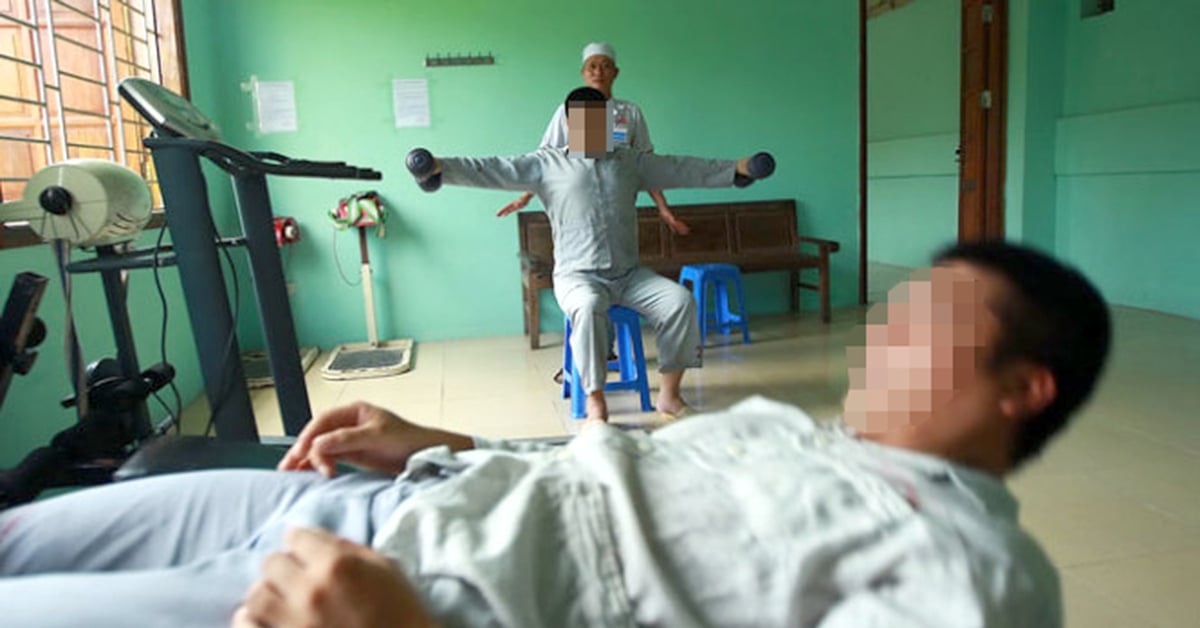




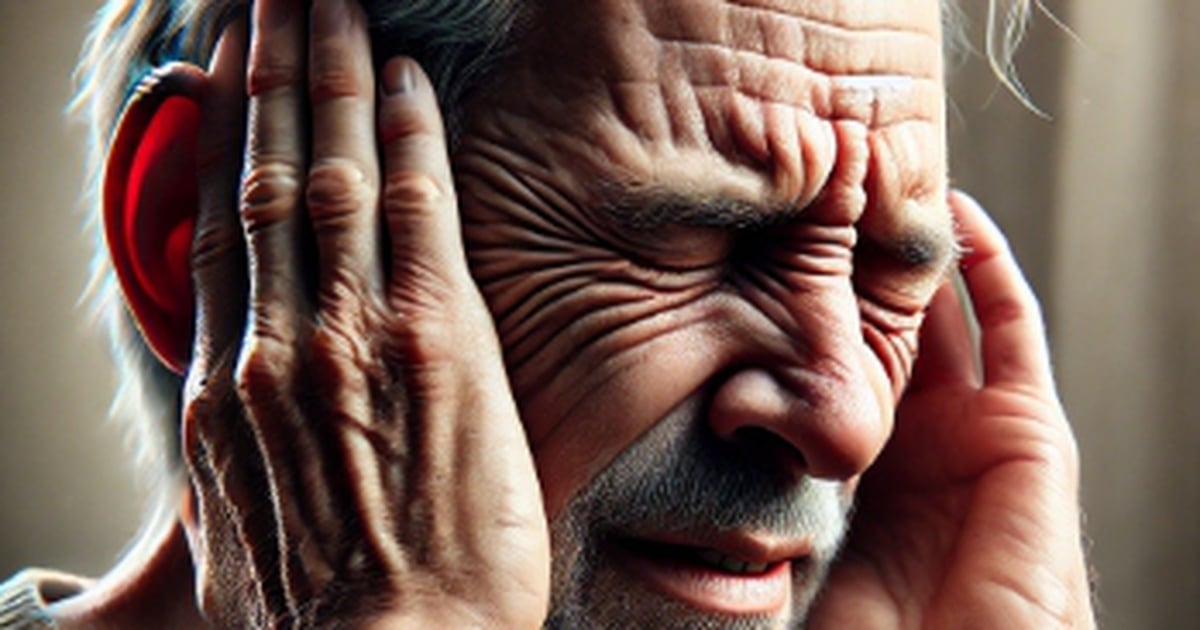





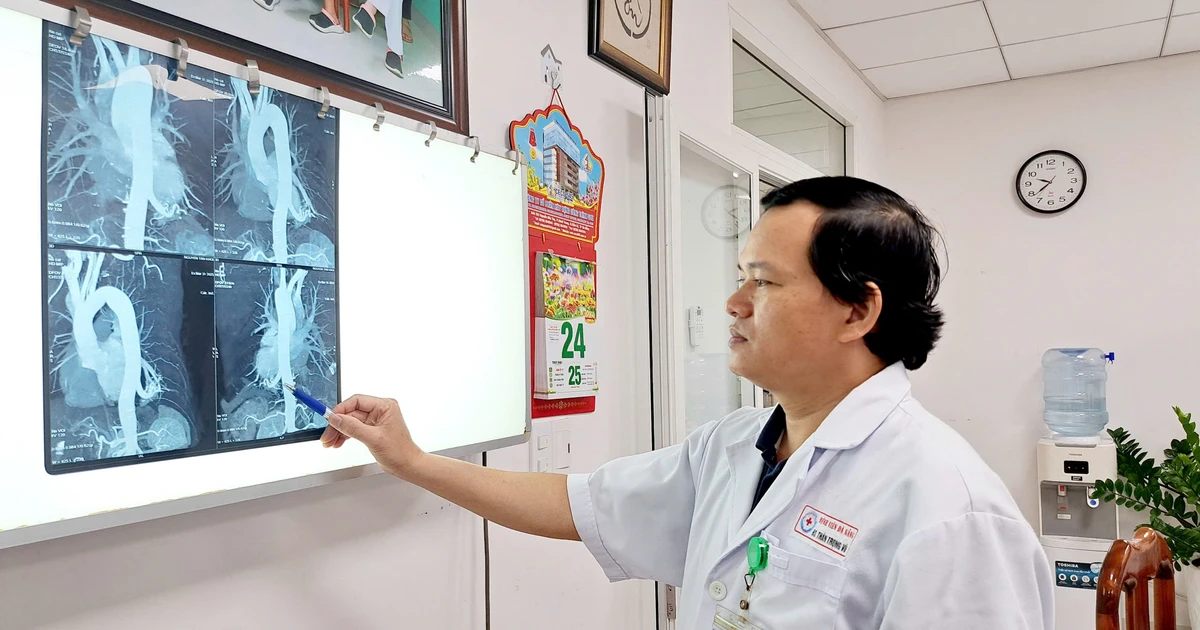



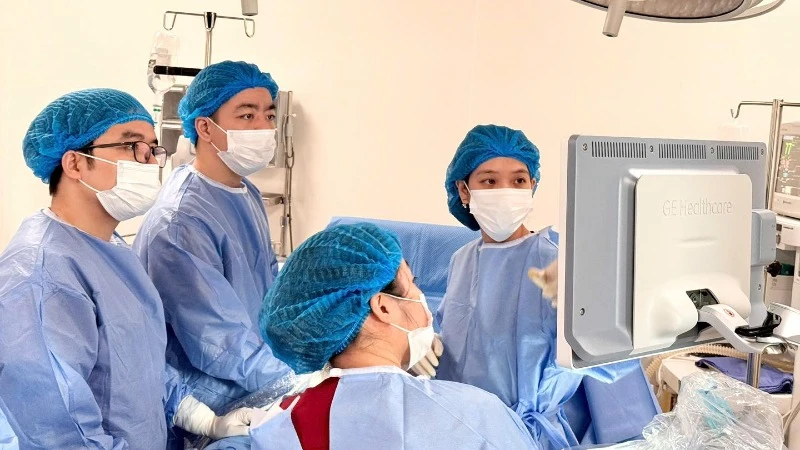






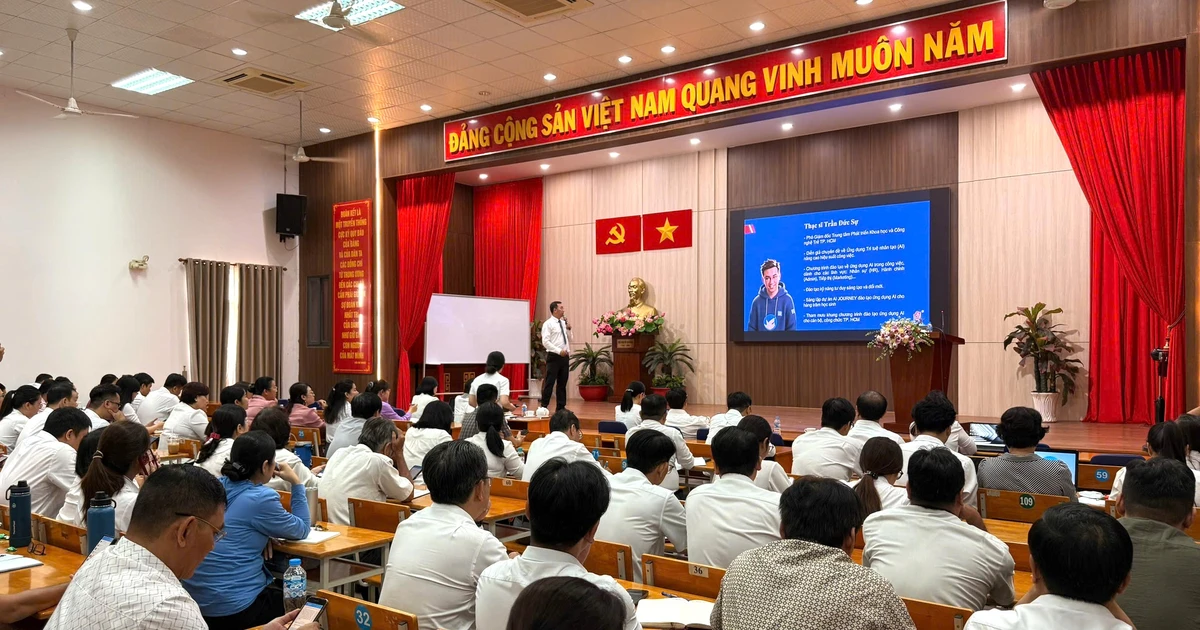

















































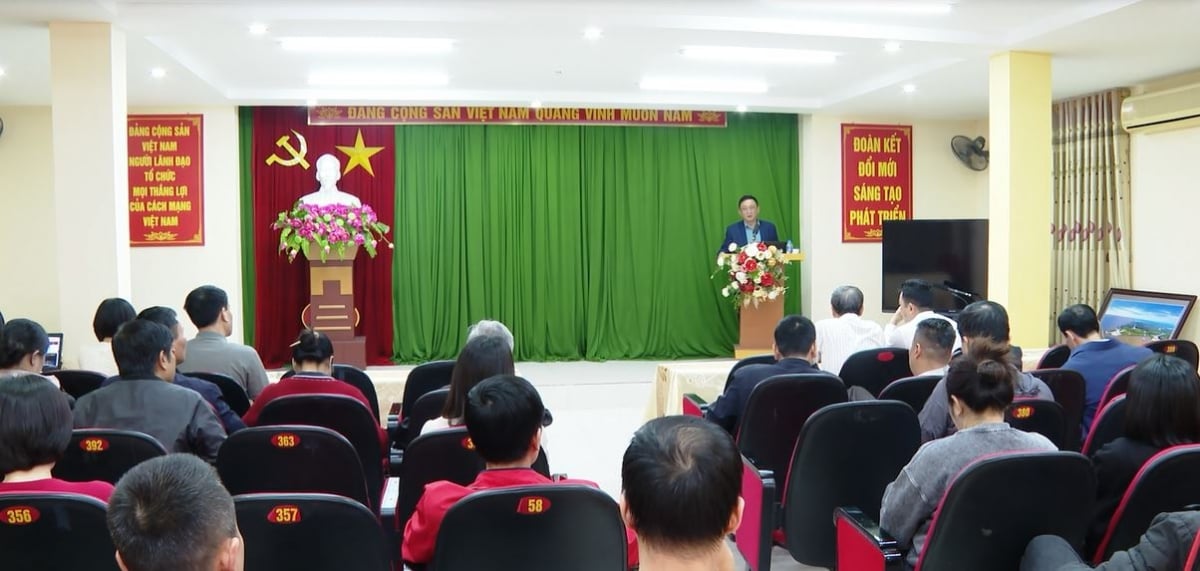
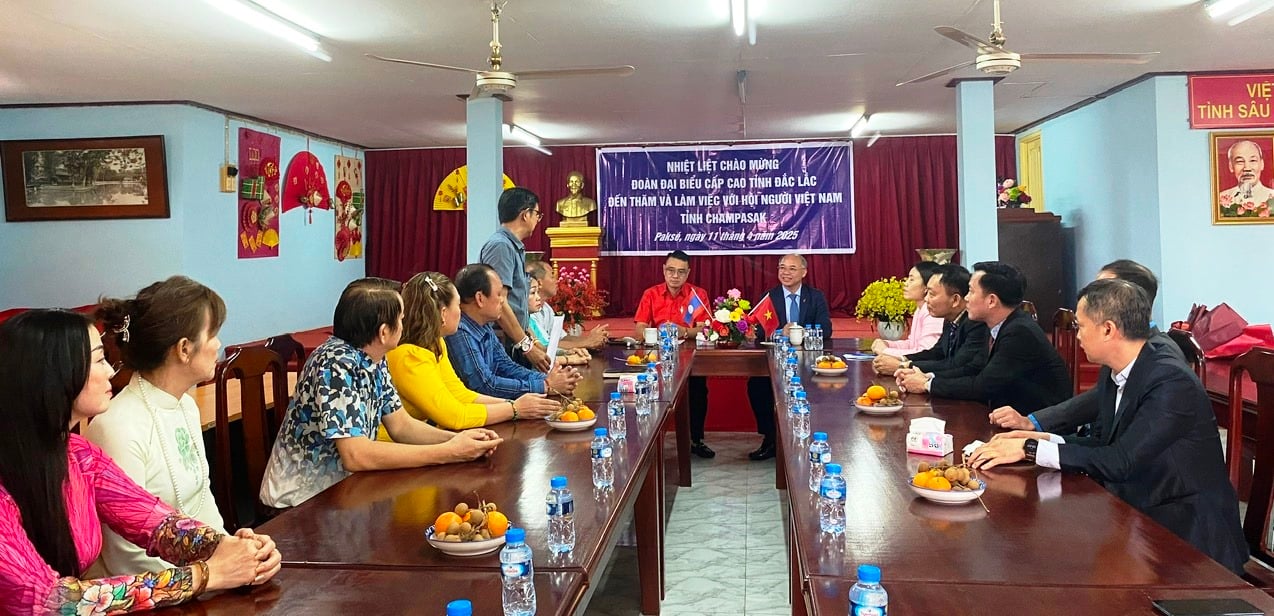











Comment (0)